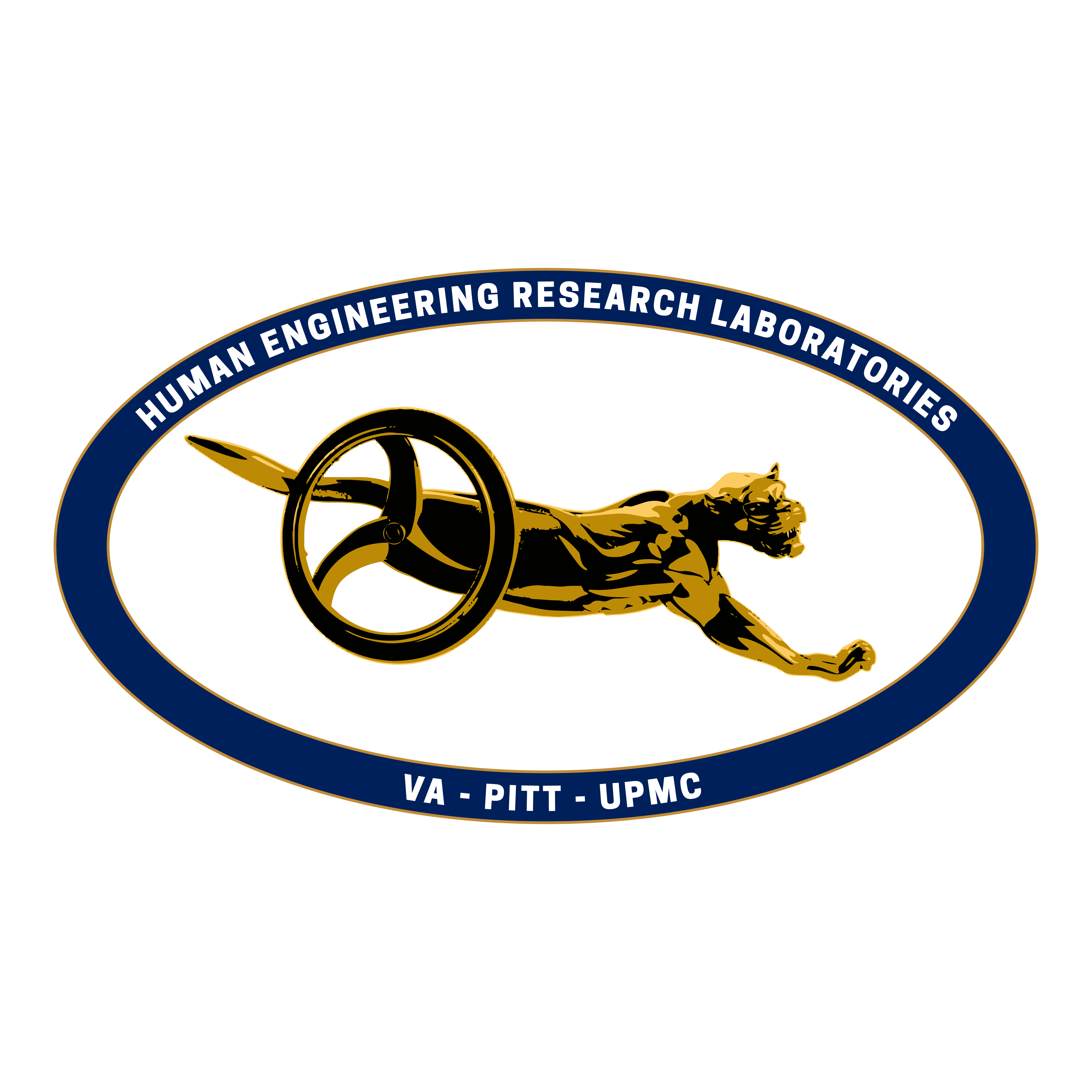Biography
Yves C. Vanlandewijck is Professor in
Rehabilitation Sciences at the Department of Rehabilitation Sciences of the
University of Leuven (KU Leuven, Belgium) and the Department of Physiology,
Nutrition and Biomechanics of the Swedish School of Sport and Health Sciences
(GIH, Stockholm, Sweden). His research interests
include exercise physiology, biomechanics and ergonomics, applied to individuals
with locomotor, sensory or intellectual impairment, in a rehabilitation to elite
sports continuum. His main research applications focus on the development of
evidence-based classification systems in Para-sports to ensure fairness in
athletic competition categories. This line of research resulted in two position
statements on classification of athletes with physical respectively
intellectual impairments. In 2002, Prof. Vanlandewijck composed an
international research group developing the concept of Generic Sport Intelligence,
the central pillar of the current classification system of athletes with intellectual
impairment. This new classification approach resulted in the re-instatement of
athletes with intellectual impairment at the IPC general assembly in 2009, and
their participation in the London 2012 Paralympic Games. In recognition of his
scientific contributions, Prof. Vanlandewijck’s research unit became accredited
by the International Paralympic Committee (IPC) as the Research &
Development Centre for Classification in Athletes with Intellectual Impairment.
From 1995 to 2023, Prof. Vanlandewijck was a
member of the IPC Sport Science Committee, currently the IPC Science &
Research Working Group. As the chairperson of the committee from 2003 to 2018,
he put sport science high on the agenda of the IPC. The VISTA conference became
a bi-annual congress, with increasing quality and attendance. Together with his
‘brother’ Prof. Walt Thompson, he oversaw all research projects conducted at
the Paralympic Summer and Winter Games from 1996 to 2018. Much of the outcome
of these projects was bundled in the IOC Series Books “The Paralympic Athlete” (2011) and “Training & Coaching the
Paralympic Athlete” (2016), both edited by Yves Vanlandewijck and Walt
Thompson. Prof.
Yves Vanlandewijck delivered keynotes on Para-sport topics from a biomedical,
social and human sciences perspective in leading sport congresses all over the
globe. In 2017, Prof. Vanlandewijck was honored to deliver the Joseph B. Wolffe Memorial Lecture, opening the American College of Sport
Medicine Annual Meeting in Denver, Colorado. In
2019, Prof. Vanlandewijck received the IPC Scientific Award in recognition of
his contribution to Science in the Paralympic Movement.
In 2001, Prof. Vanlandewijck was invited by the Athens
2004 Olympic and Paralympic Organizing Committee (ATHOC2004) to direct the
development of the Paralympic Educational Material for elementary and secondary
school. From this material, Prof. Vanlandewijck deducted the concept of the
Paralympic School Day and developed with a European consortium the Paralympic
School Day program, which today runs in all continents and contributes to the awareness
of youngsters about the Paralympic Movement and people with disabilities in
general. These educational initiatives led to the establishment of the IPC
Education Committee in 2006.
From 1997 to 2001, Prof. Yves Vanlandewijck was
the vice-president of the International Federation of Adapted Physical Activity.
He is the founding editor of the European Journal of Adapted Physical Activity.
He was a teacher (1992-2022) and program director (2010-2022) of the International
Master program in Adapted Physical Activity (IMAPA), graduating more than 400 international
students. Today, the IMAPA-graduates take important roles in all levels of society
worldwide, improving the quality of life of people with disabilities. In 2016,
Prof. Vanlandewijck received the Professional Achievements Award from the
European Federation of Adapted Physical Activity for his lifetime contributions
to the domain of Adapted Physical Activity.
As a physiotherapist
and wheelchair basketball coach, Prof. Vanlandewijck assured a close line to
patients, sport participants and elite athletes. On a national level, he build
the bridge between rehabilitation and active lifestyle, founding the Centre for
Adapted Sports at KU Leuven in 1986, an omnisport organization introducing and
guiding individuals with physical, sensory or intellectual impairments to
active lifestyle. Prof. Vanlandewijck served as an instructor/trainer in,
amongst other, water-skiing, swimming, wheelchair rugby, wheelchair basketball,
and conditioning. In 1991, he started the first scientific counselling program
for elite Para-athletes. From 1991 to 2021, he served as an embedded scientist
for the Belgian Paralympic Athletes and as a member of the Elite Athletes Bureau
of the Flemish Paralympic Ligue. After more than 20 years with the Belgian
wheelchair rugby team as an embedded scientist he wrote in a closing statement:
“To close this chapter, I would like to thank the
Belgian wheelchair rugby squad for the enormous sporting pleasure and
excitement that they bring to the court. Every coach should once in his or her
career experience the luxury of working with a young, talented group of
athletes with the utmost devotion and work ethic toward their sport. On and off
the court, these athletes were and are true examples of elitism in sport – true
Paralympians. It is an honor and pleasure to have been a small part of their
incredible journey”.


